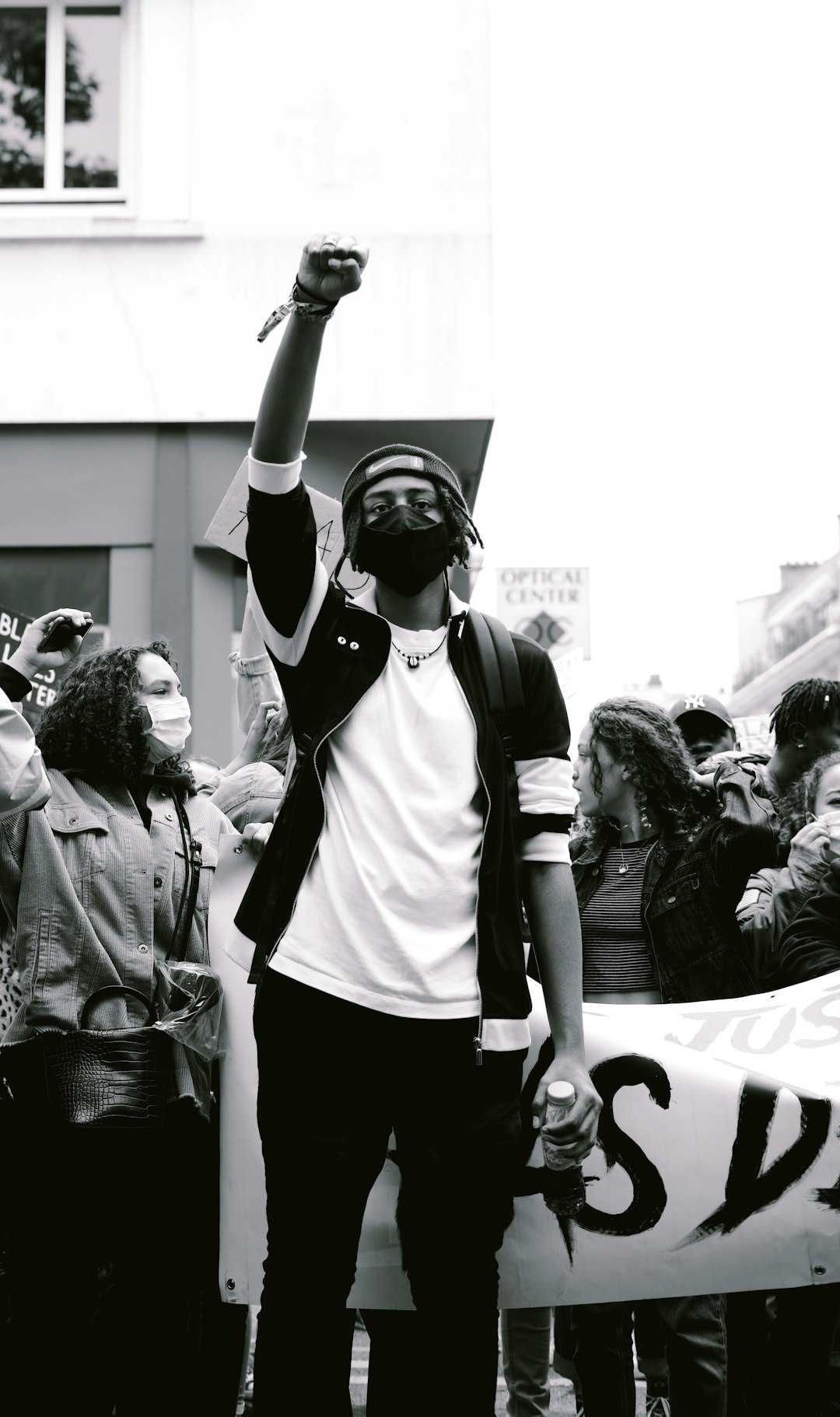Black People Know How to Fight Racism, But We Also Know White People
A survey by Pew Research reveals the attitudes of Black people toward racial change
The article below is about fighting racism. I think raising awareness about these issues important. If you agree would you consider becoming a paid subscriber?
If you’re Black in the United States (and really worldwide because white supremacy is a global enterprise), then you likely have some thoughts about what should be done to fight racism.
We know the ways in which we have been discriminated and how other people’s biases about our skin color, history, and culture pose challenges to our flourishing.
What we have achieved as Black people has been won in the face of terrorist violence, abuses of police, theft of wages, exploited labor, and much more.
Due to these injustices we have spent centuries imagining a better future for Black people and what it would take to make it a reality.
Now we have data to support what so many of us Black folks have intuitively known for a very long time.

A survey by Pew Research indicated that “Black Americans have a clear vision for reducing racism but little hope it will happen.”
Researchers concluded that in spite of low expectations that meaningful change will actually occur, Black people have no shortage of recommendations for how to address racism.
Even so, Black Americans have a clear vision for how to achieve change when it comes to racial inequality. This includes support for significant reforms to or complete overhauls of several U.S. institutions to ensure fair treatment, particularly the criminal justice system; political engagement, primarily in the form of voting; support for Black businesses to advance Black communities; and reparations in the forms of educational, business and homeownership assistance.
Notice that most of the remedies for racism—changes to the criminal legal system, expanding access to the vote, equitable funding for Black businesses—have little to do with changing hearts, minds, and attitudes of individuals.
The recommendations Black people offer for pursuing racial justice do not generally concern how white people feel about Black people. Rather the strategies we prefer focus on systemic, institutional, and policy changes.
Even though Black people know what to do to fight racism, we also know white people. We know, and have recently seen, that some would rather descend into a dictatorship than pursue a multi-racial democracy.
Researchers who conducted the survey wrote about the realism of Black people when it comes to positive racial change.
Yet alongside their assessments of inequality and ideas about progress exists pessimism about whether U.S. society and its institutions will change in ways that would reduce racism.
Especially after the many false starts that followed the 2020 racial justice uprisings, many Black people are more disillusioned than every about the hope of meaningful change in the near future.
When it comes to fighting racism we don’t have a how to problem, we have a want to problem.




The issue of how to pursue racial justice in this country and how to reform the institutions and systems that perpetuate it mirrors our approach to many issues that need national attention and policy change. Fiscal restraint (aka stinginess when it comes to investing in people rather than weapons!)keeps us from adopting evidence-based programs that lead to reduced violence, improved quality of life, lifting people out of poverty. PREVENTION is where we safe money and improve our society, but we prefer to try to "fix" problems once they have occurred. I have seen this in healthcare all my career as an NP working with children with diabetes. We know how to prevent complications but insurance companies refuse to fund the very interventions that they know will lead to better glucose control and ultimately the prevention of complications. They will gladly cover all the surgeries and treatments necessary once complications occur. So heartbreaking and frankly, stupid. When will we learn that giving people what they need to live reasonably and investing in education and social services and housing---ie treating ALL people with dignity, respect and kindness will yield the kind of society in which we all say we want to live. Yet Christians, who should be the first to support such policies, are the first to oppose them. Yes, it takes a heart change, and the first hearts that need to be changed are those who say they love Jesus!!
If White people want to fight racism how do they become an ally so the fight is coordinated?